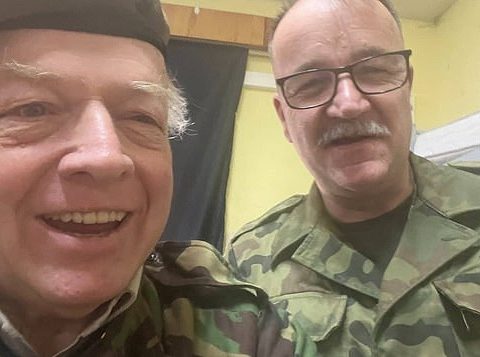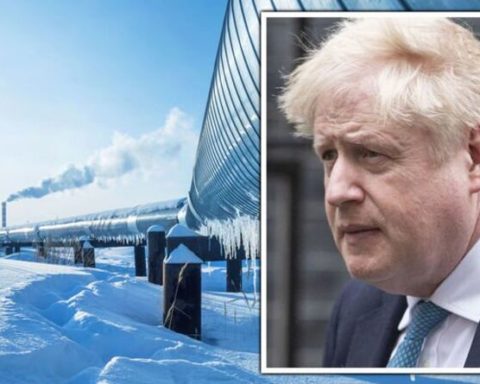The plan, pushed by EU Army-obsessed Emmanuel Macron, has been called European Peace Facility (EPF) and will “better help partner countries” by supporting their peace-keeping operations and by helping them to “increase the capability of their armed forces to ensure peace and security on their national territory”, the EU has claimed.
The bloc plans to use the money to finance its missions and operations under the EU’s Common Security and Defence Policy, as well as infrastructure and military equipment for partner countries.
They said: “These measures may include supplying military and defence related equipment, infrastructure or assistance, at the request of third countries or regional or international organisations. The assistance measures will be embedded in a clear and coherent political strategy and will be accompanied by thorough risk assessments and strong safeguards.”
The project will be financed through contributions from EU member states and endowed with €5billion until 2027.
But to approve the proposal the new EPF has been kept separate from the EU’s main seven-year budget to circumvent the bloc’s rules against spending its budget on weapons.
It split MEPs in the European Parliament who say a compliance framework needs to be put in place as they worry paying for arms could be a sensitive issue for some member states.
MEP David McAllister (EPP), chair of the European Parliament’s foreign affairs committee (AFET) told EURACTIV: “The European Peace Facility fills a gap in the EU’s external action capacity to act.
“It creates a single instrument for the comprehensive financing of all Common Foreign and Security Policy (CFSP) in military and defence areas.”
According to him, this would allow for “more flexibility, enhanced support to CSDP missions and peace support operations conducted by the EU’s partners in support of shared security objectives”.
READ MORE: Brussels doesn’t think UK would ‘retaliate’ over export ban
“Although a strict control regime is mentioned, we have already seen in the past that rules are interpreted in a very lax way – one example are the common rules for exports of individual member states – that is why we need transparency and comprehensive control rights for the European Parliament.”
NGOs have criticised the project, warning weapons and equipment supplied by the EU could end being used by authoritarian governments to suppress internal dissent.
Giuseppe Famà, head of EU affairs at the International Crisis Group think tank in Brussels said that “such equipment can still be misused to further violence, as governments of fragile states often have poor governance and management systems to handle it”.
He added: “The EU should not provide lethal equipment to fragile states, and should instead prioritise other assistance measures.
“It should also shape its interventions within political strategies whose priorities are governance reforms, community reconciliation and the restoration of the social fabric.”
Brussels said that this new instrument, the EU can “broaden its geographical scope” by contributing to “the financing of military peace support operations and assistance measures for our partners anywhere in the world.”
The bloc also says the mechanism is needed to make its training missions in three African countries more effective and to enable it to contribute to peacekeeping efforts elsewhere in the world.




